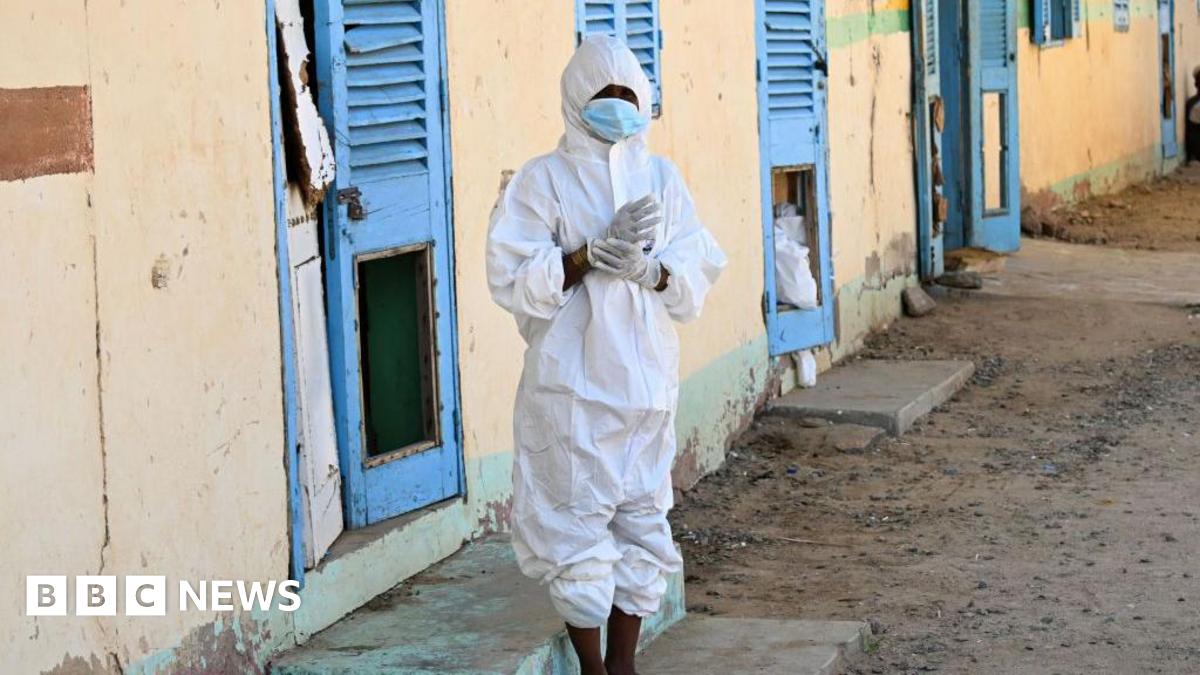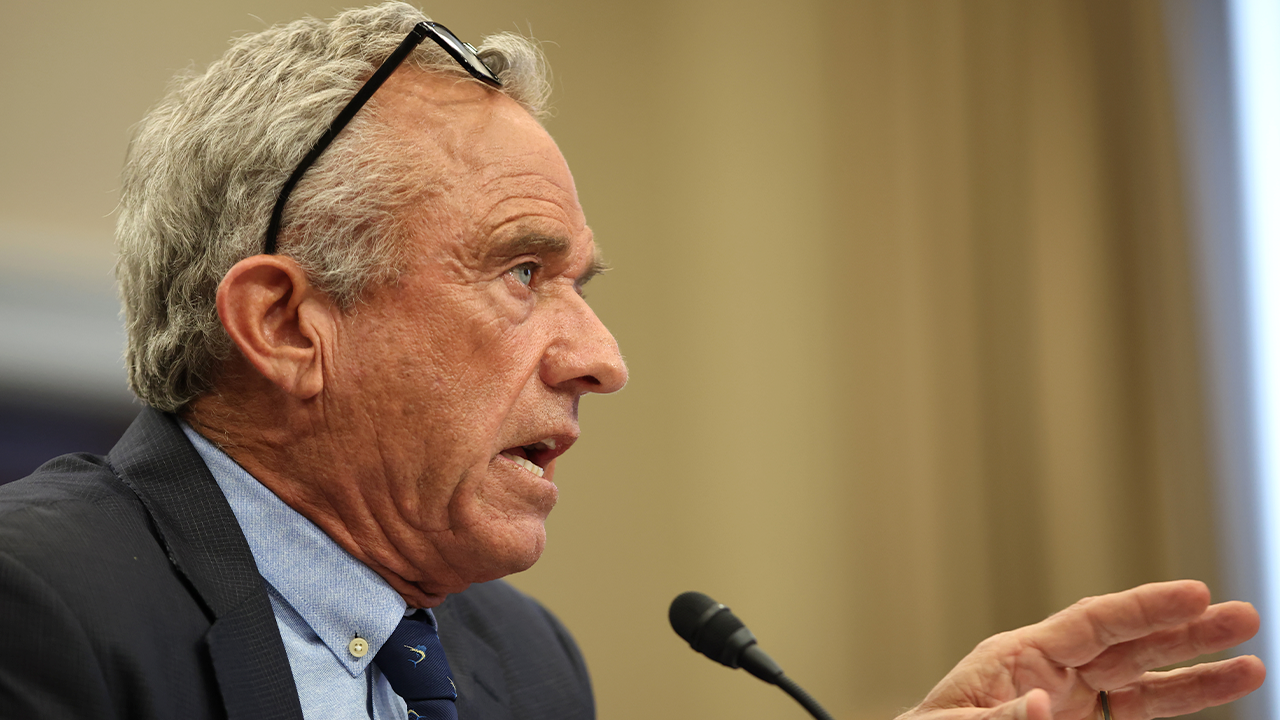Sudan Faces Imminent Health Crisis: Cholera Outbreak Claims Lives as Conflict Rages On

Sudan is teetering on the edge of a catastrophic public health crisis as a deadly cholera outbreak, compounded by ongoing conflict, threatens to overwhelm the nation's already strained healthcare system. The International Rescue Committee (IRC) has issued a stark warning, highlighting the dire situation and the urgent need for international assistance.
The situation has rapidly deteriorated in recent weeks. Sudan's Health Ministry has reported a surge in cholera cases, with a devastating toll of 172 deaths recorded in just one week. The majority of these new cases are concentrated in Khartoum state, the nation's capital, which has been severely impacted by the ongoing fighting between rival military factions.
A Perfect Storm of Vulnerabilities
The outbreak is occurring against a backdrop of immense instability and humanitarian suffering. The conflict, which erupted in April 2023, has displaced millions of people, disrupted essential services, and crippled the healthcare infrastructure. Access to clean water and sanitation – crucial for preventing the spread of cholera – is severely limited, leaving vulnerable populations at heightened risk. Hospitals and clinics have been damaged or forced to close, and medical supplies are dwindling.
“The situation in Sudan is incredibly fragile,” says Dr. [Insert IRC Spokesperson Name/Title], “We are seeing a convergence of factors – conflict, displacement, and a lack of access to essential services – that are creating the perfect storm for disease outbreaks. Cholera is highly preventable, but without immediate action, it will continue to claim lives, particularly among children and the most vulnerable.”
Beyond Cholera: A Wider Health Threat
While cholera is the most immediate concern, the IRC and other aid organizations are warning of a broader public health crisis. Malnutrition, measles, and malaria are also on the rise, exacerbated by the conflict and displacement. The breakdown of healthcare services means that routine vaccinations and essential medical care are being disrupted, leaving children particularly vulnerable to preventable diseases.
The Urgent Need for Aid
The IRC is working tirelessly on the ground to provide emergency medical care, clean water, and sanitation support to affected communities. However, the scale of the crisis is overwhelming, and more resources are desperately needed. International donors and humanitarian organizations must step up their efforts to provide life-saving assistance to the people of Sudan.
Key Challenges & Future Outlook
- Limited Access: Reaching affected populations is extremely difficult due to ongoing conflict and insecurity.
- Funding Shortfalls: Humanitarian appeals for Sudan are significantly underfunded, hindering response efforts.
- Healthcare System Collapse: The healthcare system is on the verge of collapse, with shortages of staff, supplies, and infrastructure.
The future outlook for Sudan remains bleak unless urgent action is taken. The cholera outbreak is a stark reminder of the devastating consequences of conflict and the importance of investing in public health systems, even in times of crisis. Without a concerted effort to address the underlying causes of the crisis and provide immediate humanitarian assistance, Sudan risks a humanitarian catastrophe of unimaginable proportions.





